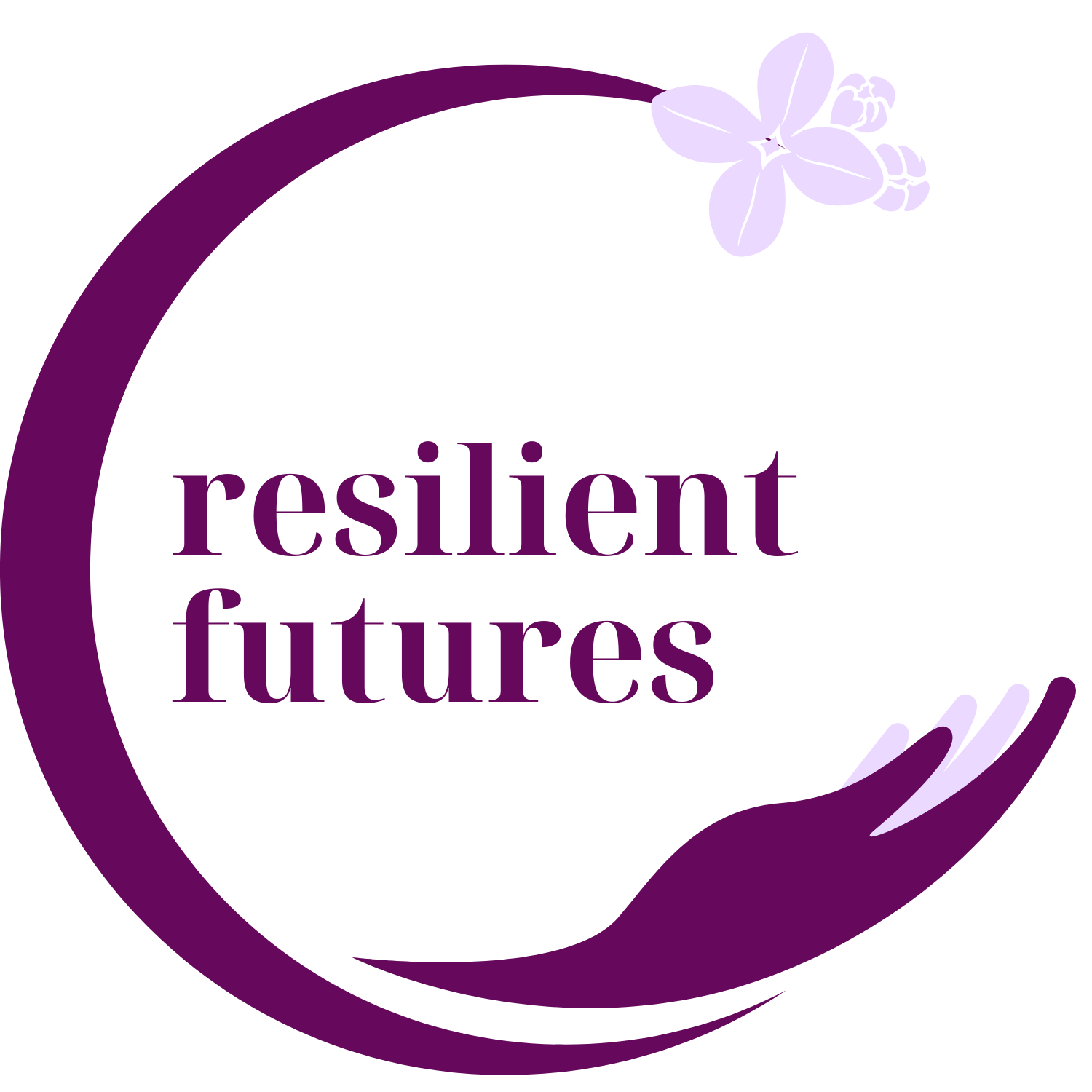The Brain Science Behind Adverse Childhood Experiences
Childhood is a time of growth, learning, and exploration. However, for many children, this period may also be marked by adversity and trauma. Adverse childhood experiences (ACEs) encompass a range of stressful or traumatic events that can profoundly impact a child's development and well-being. Understanding the brain science behind childhood trauma is essential for recognizing its long-term effects and implementing trauma-informed practices in early childhood education settings.
Sign up to read this post
Join Now
